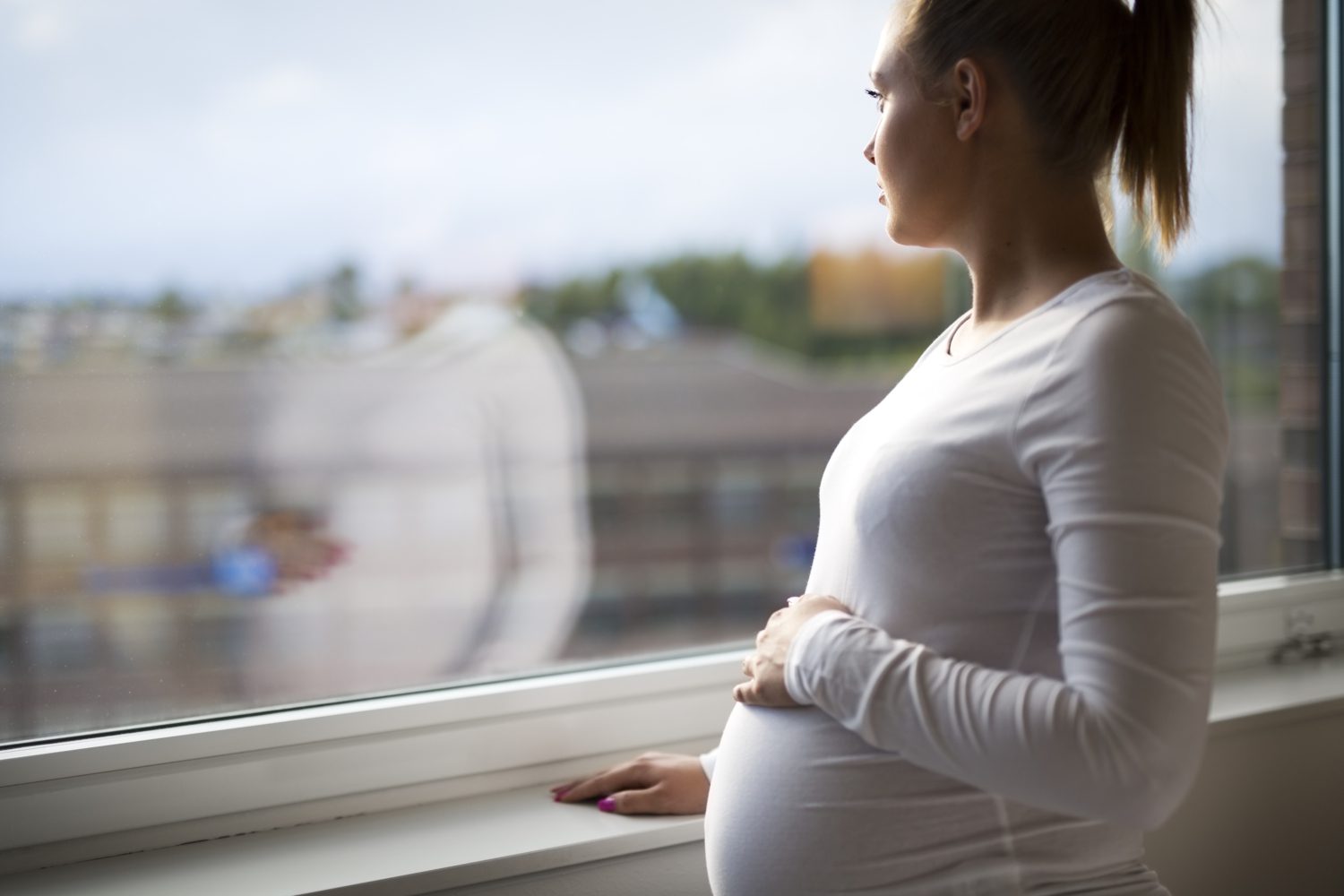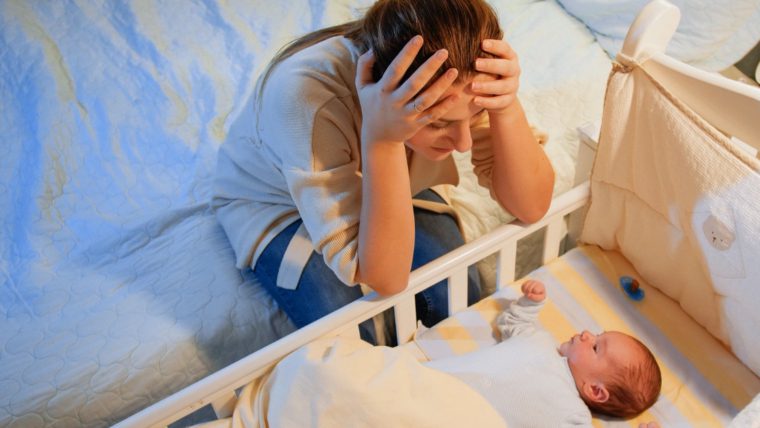Postpartum depression (PPD) is experienced by an estimated 15% of women during the first year after the birth of a baby, making it essential to address the topic and break the stigma surrounding it. With hormones in flux, lack of sleep due to caring for a newborn, and the enormous responsibility that comes with parenthood, it’s not surprising that PPD can be a common occurrence.
In this article we discuss what postpartum depression is and then describe the risk factors, recognize the signs, and know where to turn for support to ensure the well-being of both the mother and her loved ones.
Read the full article HERE.




